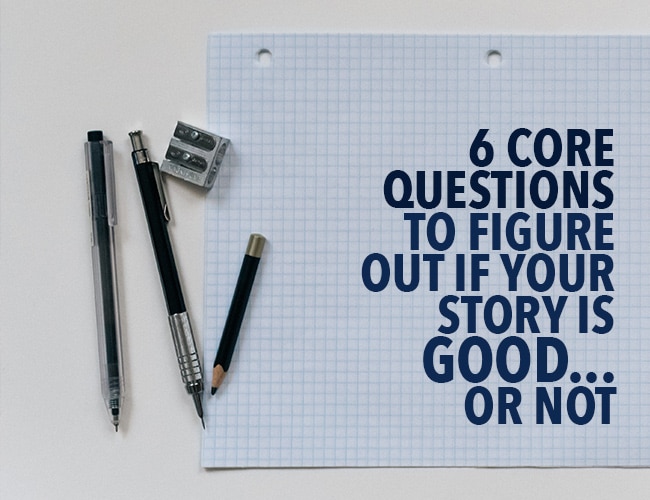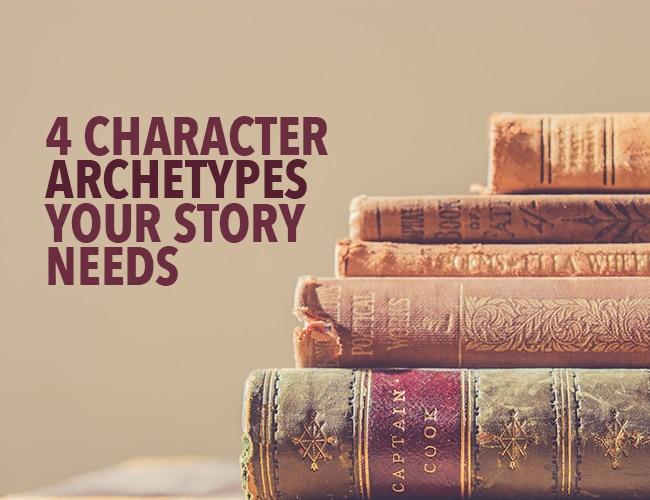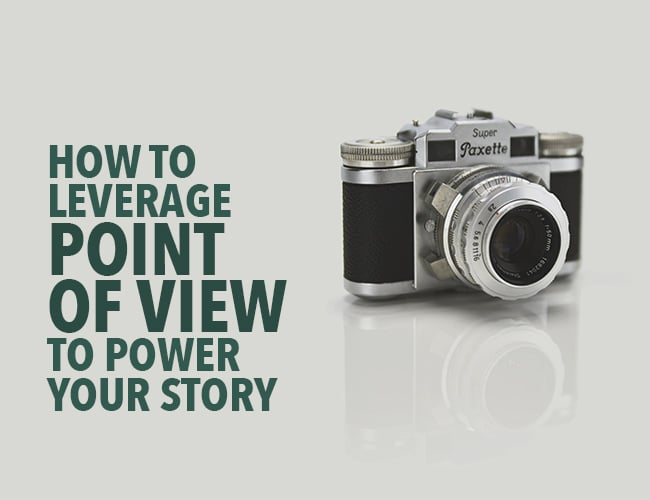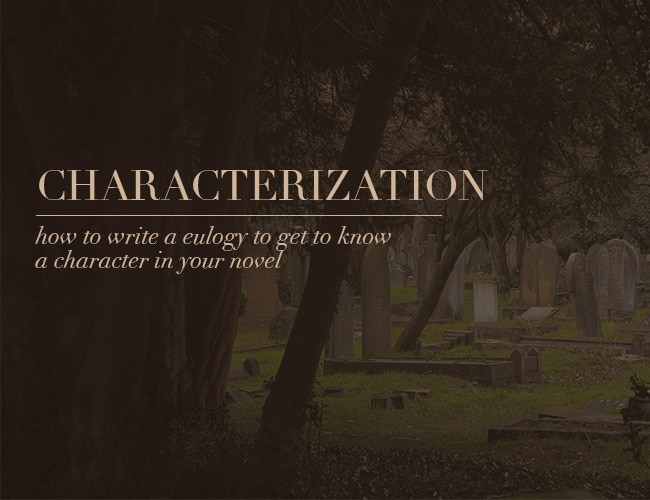
by David Safford |
Do you know what your character’s objects of desire are? What do they want, and what do they need? And how do you leverage those wants and needs to create conflict in your story?
Writing a great story is a very challenging task. But there are secrets, shortcuts, and techniques that will give you an advantage as you start writing so that every word is focused on the proper goal of your story.
Shawn Coyne’s Story Grid is an excellent place to turn. And in this third post in my series on writing great stories using Story Grid principles, you’ll learn why conflict is the lynchpin of powerful storytelling and how to use it to thrill your readers.

by David Safford |
You’re a storytelling genius full of brilliant ideas, right? You don’t need things like “structure” and “rules” to write a good story.
Or do you?
The Six Core Questions of Story Grid identify the fundamental elements of your story. They’ll help you figure out what your story is truly about, and what you need to include in it to turn it into a book readers will love.

by Joslyn Chase |
Have you ever read a story that just falls flat for you and you don’t know why? Chances are it was missing one of the archetypical elements our brains are hardwired to seek out in a story. When you sit down at the keyboard, the last thing you want to do is write a story that fails to grab and hold a reader.

by Joslyn Chase |
Your point of view is one of the first and most important choices you’ll make in any story. Done well, your story’s point of view can draw your readers in to experience your story alongside your characters, and even make them forget they’re reading fiction.

by Sarah Gribble |
Every great novel has great characters. Great characterization includes a background, flaws, habits, tics, and redeeming qualities. The characters have a life.
There are plenty of ways to get inside your character’s head. You can journal from their point of view, write a character study, or fill out questionnaires about your character. Those methods are awesome but can seem impersonal or just plain tedious at times.
If you need a quicker, more succinct way of getting inside your character’s head, you might consider writing their eulogy.

by Guest Blogger |
Not many people like antagonists. The antagonists are supposed to be antagonizing — that’s their whole purpose. They are designed to aggravate the protagonists; to foil the plans of the heroes and create conflict. They are supposed to be a villain for our heroes to defeat, right?
Sure. But what if they could be more?








